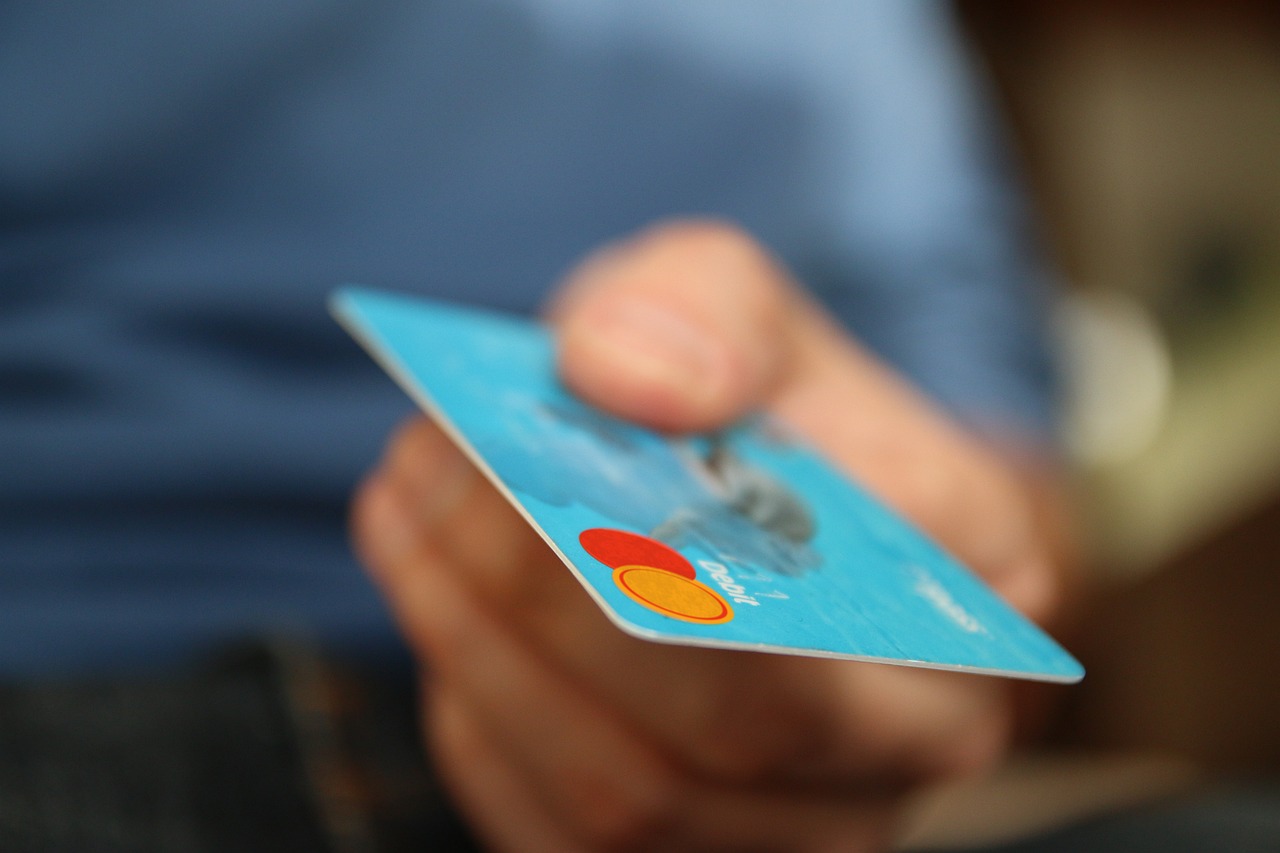Congratulations on landing your first job! As you embark on this new journey, it's essential to consider whether getting a credit card is the right decision. Plus you also need to understand its implications. Here are some valuable insights to help you make an informed choice.
Table of contents [Show]
- 1. What is a credit card and how does it work?
- 2. The importance of building a good credit history with your first credit card
- 3. Top ways to stay disciplined and avoid excessive credit card debt as a first-time user
- 4. How does the usage of your first credit card impact your credit score?
- 5. What is a secured credit card and how does it help in building credit history?
- 6. Have you set a credit limit that matches your financial capabilities?
- 7. How to monitor your credit card expenses and payments to avoid late fees?
- 8. How to handle credit card disputes or unauthorized transactions if they occur?
- 9. What are the consequences of missing credit card payments or defaulting on dues?
1. What is a credit card and how does it work?
A credit card is a financial tool that allows you to borrow money from a bank or credit card issuer to make purchases. When you use the card, you are essentially taking a short-term loan, and you must repay the borrowed amount along with any interest or fees within a specified time to maintain good credit standing. Find out more here .
2. The importance of building a good credit history with your first credit card
Building a positive credit history is crucial for future financial endeavors, like loans or mortgages. Timely payments and responsible usage contribute to a good credit score. Check out in detail here .
3. Top ways to stay disciplined and avoid excessive credit card debt as a first-time user
Set a budget, use the card only for necessary expenses, and avoid impulsive purchases. Pay your credit card bills in full each month to avoid accumulating debt. For more details, click here.
4. How does the usage of your first credit card impact your credit score?
Responsible usage and on-time payments boost your credit score, while late payments or excessive debt can lower it. For best results, keep your credit utilisation ratio low. Check out in detail here .
5. What is a secured credit card and how does it help in building credit history?
A security deposit is needed for a secured credit card, and that amount serves as your credit limit. It's an excellent option for building credit history, especially if you're new to credit. For a detailed information, read here .
6. Have you set a credit limit that matches your financial capabilities?
Set a credit limit that aligns with your income and expenses. Avoid maxing out your card, as it can negatively impact your credit score. Read more here .
7. How to monitor your credit card expenses and payments to avoid late fees?
Keep track of your credit card transactions through Use mobile apps or online portals to track your credit card transactions. Set reminders for payment due dates to avoid late fees. Find out more here .
Tell your credit card company right away if there are any unauthorized purchases. They will investigate and resolve the issue. For more details, click here.
9. What are the consequences of missing credit card payments or defaulting on dues?
Missing payments can lead to late fees, penalty charges, and negatively impact your credit score. In severe cases, it may lead to legal actions and difficulty obtaining credit in the future. Read more here.
Use your first credit card responsibly to build a strong financial foundation. By understanding credit card usage and maintaining discipline, you can make the most of this financial tool and secure a positive credit history for your future endeavors.








